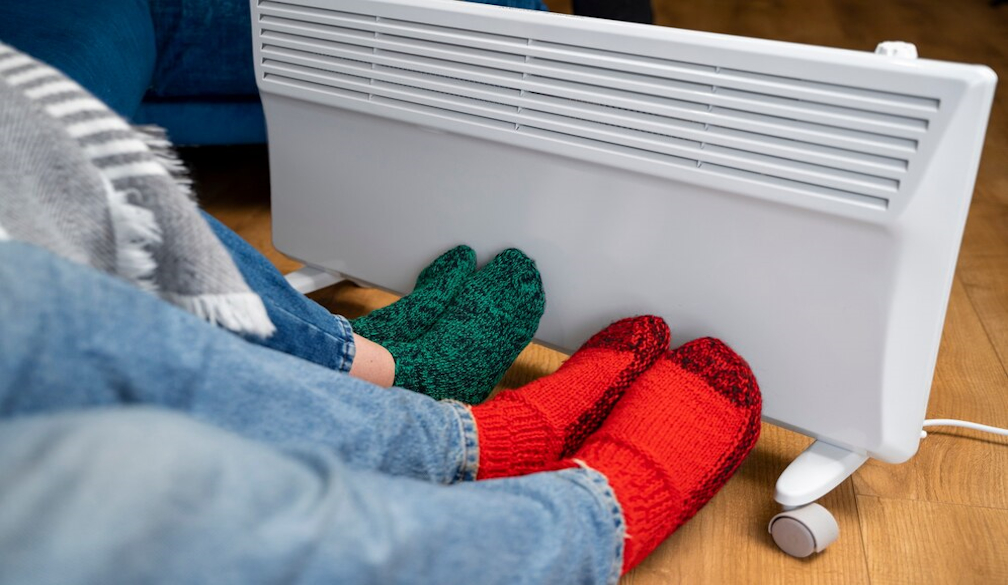Maximizing Energy Efficiency in Your Heating and Cooling System

Heating and cooling systems are essential for maintaining comfort in our homes and workplaces, but they can also be significant contributors to energy consumption and utility costs. Maximising energy efficiency in these systems is not only beneficial for your wallet but also for the environment. This article provides practical tips and strategies to enhance the energy efficiency of your heating and cooling system, with a particular focus on the importance of professional heating and cooling installation in Melbourne.
1. Regular Maintenance
Importance of Maintenance
Routine maintenance is crucial for keeping your heating and cooling system operating efficiently. Regularly scheduled maintenance ensures that all components are clean, lubricated, and functioning correctly, which can significantly improve the system's efficiency and longevity.
Professional Inspections
Hire a professional technician to inspect your system at least once a year. In Melbourne, numerous skilled professionals specialise in heating and cooling installation and maintenance. They can identify potential issues early and perform necessary adjustments or repairs to keep your system running smoothly.
2. Upgrade to a Smart Thermostat
Benefits of Smart Thermostats
Smart thermostats are a great investment for enhancing the energy efficiency of your heating and cooling system. These devices learn your schedule and preferences, automatically adjusting temperatures to optimise energy use.
Remote Control and Automation
Smart thermostats allow you to control your system remotely via a smartphone app. This feature ensures that you can adjust the temperature even when you're not at home, preventing energy waste. Additionally, smart thermostats can be integrated with other smart home devices for seamless automation.
3. Seal and Insulate Your Home
Prevent Air Leaks
Air leaks in your home can lead to significant energy loss, as your heating and cooling system works harder to maintain the desired temperature. Inspect areas around windows, doors, and ducts for leaks and seal them with weatherstripping or caulk.
Improve Insulation
Proper insulation in your walls, attic, and floors can significantly reduce energy consumption by keeping your home warmer in the winter and cooler in the summer. Consider upgrading your insulation to meet the recommended R-values for your region.
4. Optimise Your System's Settings
Temperature Settings
Adjusting your thermostat settings can lead to substantial energy savings. During the winter, set your thermostat to 68°F (20°C) when you're at home and lower it by 10 to 15 degrees when you're away or asleep. In the summer, aim for 78°F (25.5°C) when you're home and higher when you're away.
Utilise Fans
Ceiling fans can help circulate air and make your home feel cooler in the summer, allowing you to set your thermostat a few degrees higher without sacrificing comfort. In the winter, reverse the fan's direction to push warm air down from the ceiling.
5. Upgrade to Energy-Efficient Equipment
Modern Heating and Cooling Systems
If your heating and cooling system is more than 10-15 years old, consider upgrading to a newer, more energy-efficient model. Modern systems are designed to use less energy while providing the same level of comfort.
Professional Installation
For the best results, ensure that your new system is installed by a professional. In Melbourne, professional heating and cooling installation is crucial to ensure that your system is set up correctly, maximising its efficiency and lifespan.
6. Use Energy-Efficient Practices
Adjust for the Season
During the winter, open curtains during the day to let in natural heat from the sun, and close them at night to retain warmth. In the summer, keep curtains closed during the day to block out heat.
Regular Filter Replacement
Replace or clean your HVAC filters regularly. Dirty filters can restrict airflow, making your system work harder and use more energy. Check your filters every month and replace them at least every three months.
7. Consider Renewable Energy Sources
Solar Heating and Cooling
Incorporating renewable energy sources, such as solar panels, can reduce your reliance on traditional energy sources and lower your utility bills. Solar heating and cooling systems can be an excellent investment, especially in sunny climates.
Government Incentives
Research government incentives and rebates available for installing renewable energy systems. These incentives can help offset the initial costs and make renewable energy solutions more affordable.
Conclusion
Maximising the energy efficiency of your heating and cooling system involves a combination of regular maintenance, smart technology, proper insulation, and energy-efficient practices. Upgrading to modern, energy-efficient equipment and ensuring professional heating and cooling installation in Melbourne are crucial steps in achieving optimal performance and cost savings. By implementing these strategies, you can enjoy a comfortable living environment while reducing your energy consumption and environmental impact.

